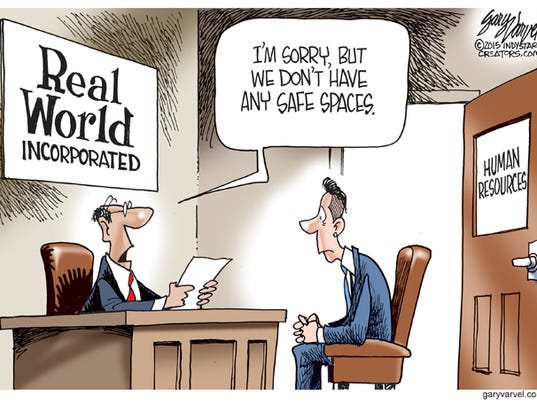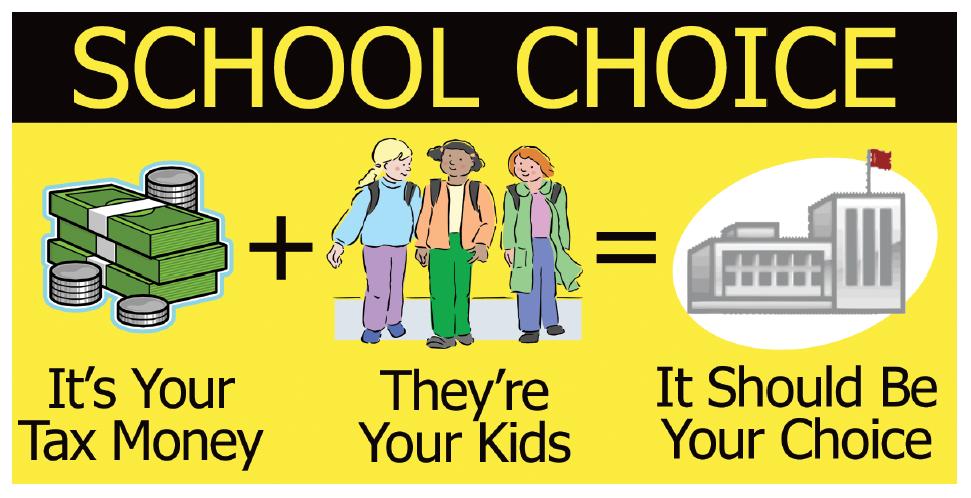If you haven’t heard the news, the Federal Bureau of Land Management (BLM) recently held a well-attended public hearing in Farmington on the issue of “venting and flaring” of methane from natural gas wells. Droves of Four Corners residents came out in opposition to the costly new regulations being considered by the Obama Administration.
This is a huge issue for Farmington, NM, in particular, as the city saw the biggest jump in unemployment last year among 387 US cities. The San Juan basin is a major producer of natural gas and, while “venting and flaring” are not optimal for the industry, the amount of “venting and flaring” in recent years has declined.
The BLM is currently accepting comments and will do so until April 8, 2016. The Rio Grande Foundation has submitted the following comments and encourages you to submit comments (click here to do so) (or at the email or mailing address below) in opposition to the proposed “venting and flaring” rule.
February 17, 2016
U.S. Department of the Interior, Director (630)
Bureau of Land Management
Mail Stop 2134 LM
1849 C St. NW.,
Washington, DC 20240
OIRA_Submission@omb.eop.gov.
Attention: OMB Control Number 1004-AE14
To Whom it May Concern:
I am the president of a free market policy research organization called the Rio Grande Foundation. We are based in Albuquerque. Our research focuses on New Mexico’s economy which is uniquely-challenged among US states. Our unemployment rate has been the highest in the nation for two months running. Our poverty levels are among the highest in the nation. As a state, New Mexico is the third-most dependent on the oil and natural gas industries as a percentage of our budget.
Given that the Bureau of Land Management controls 13.5 million of New Mexico’s surface acreage, approximately 2 million fewer acres than are occupied by the State of West Virginia, federal regulations have a tremendous impact on New Mexico’s economy.
On a statewide basis:
There are 54,457 operating oil and gas wells in New Mexico
The oil and gas industry employs 69,000 people in New Mexico;
The average salary is $71,500 compared to the overall state average salary of $39,660
56% of the oil and 63% of the natural gas is produced from Federal (BLM leases)
In fiscal year 2014 the industry provided $2.1 billion of the state of New Mexico’s $6 billion general fund revenues (35%)
I should also note that while my organization is based in Albuquerque, we study the entire New Mexico economy. A recent report from the US Department of Labor labeled the Farmington area as suffering “extreme economic duress,” noting that it had the largest increase in its unemployment rate among 387 metropolitan areas nationwide in 2015 .
The northwestern New Mexico city saw its unemployment rate rise 2.1 percentage points last year, to 7.3 percent. The last thing New Mexico’s Four Corners area needs is a new set of costly federal regulations that negatively impact the region’s economy.
Methane Emissions are the object of the proposed regulations
Venting and flaring of large amounts of methane represents lost profits to industry. While it is sometimes unavoidable, there are efforts already under way within industry to curtail the amount of emissions.
Methane is both a product and by-product of oil and natural gas production. Onshore oil and natural gas operators are becoming more efficient at capturing methane emissions, and at reducing methane emissions from production activities. The national trend of methane reduction is supported by GHG reporting data, and it holds true despite a historic increase in oil and gas production over the past several years.
Without regulations overall greenhouse gas emission in the San Juan Basin have decreased from 10.7 million metric tons in 2007 to 7.3 million metric tons in 2014.
Vented methane emission in the San Juan are down due to cost effective and efficient practices including:
o Better operating practices that are decreasing the number and duration of venting events.
o Reduced pneumatic device emissions by reclassifying, removing, replacing and retrofitting high-bleed pneumatic devices.
Good Regulations vs. Bad Regulations
Good regulation practices:
o Single and appropriate entity responsible for regulation;
o Effective in meeting public policy goals: environmental, health and safety;
o Based on science;
o Cost effective: the overall benefit of regulation is greater than the cost.
The proposed venting and flaring rule is bad regulation for the following reasons:
o Redundant and contradictory with other federal regulations and state regulations;
o Requires extensive capital and operating expenses with little or no additional benefits;
o Not based on science and in fact, locks in operating and technology solutions that have been shown to be inferior;
o Cost prohibitive especially in era of low community prices will force existing wells to be plugged with the loss of future production, jobs, taxes and other revenues.
What are weaknesses in the BLM’s approach?
o The BLM has attempted to understand economic impacts of these rules in isolation and has overestimated the benefits and underestimated the costs;
o We believe the cumulative economic impacts of the proposed changes should be considered in total across all their proposed rules;
o As proposed, these changes are significant and will have major impacts on investments in new and existing projects on federal and Indian lands, with the potential for job losses, premature well closures and significantly lower federal and tribal revenues;
o The BLM should conduct a more thorough economic impact analysis rules in isolation and has overestimated the benefits and underestimated the costs should be considered in total across all their proposed rules.
I am very concerned with the proposed BLM rule because as currently drafted it will lead to wells being prematurely plugged and devastating loss of jobs and needed economic activity in the Four Corners region and New Mexico as a whole.




























